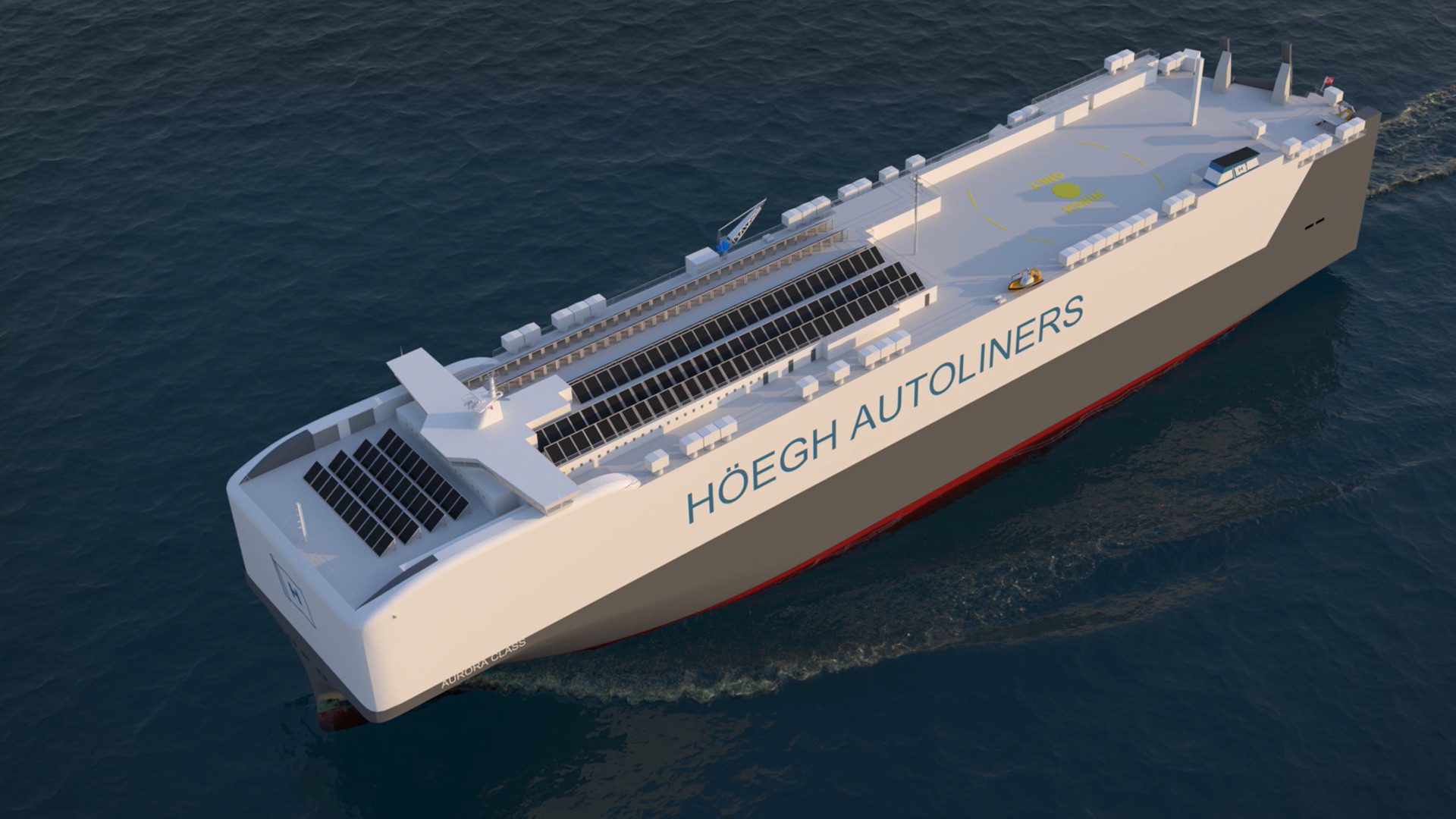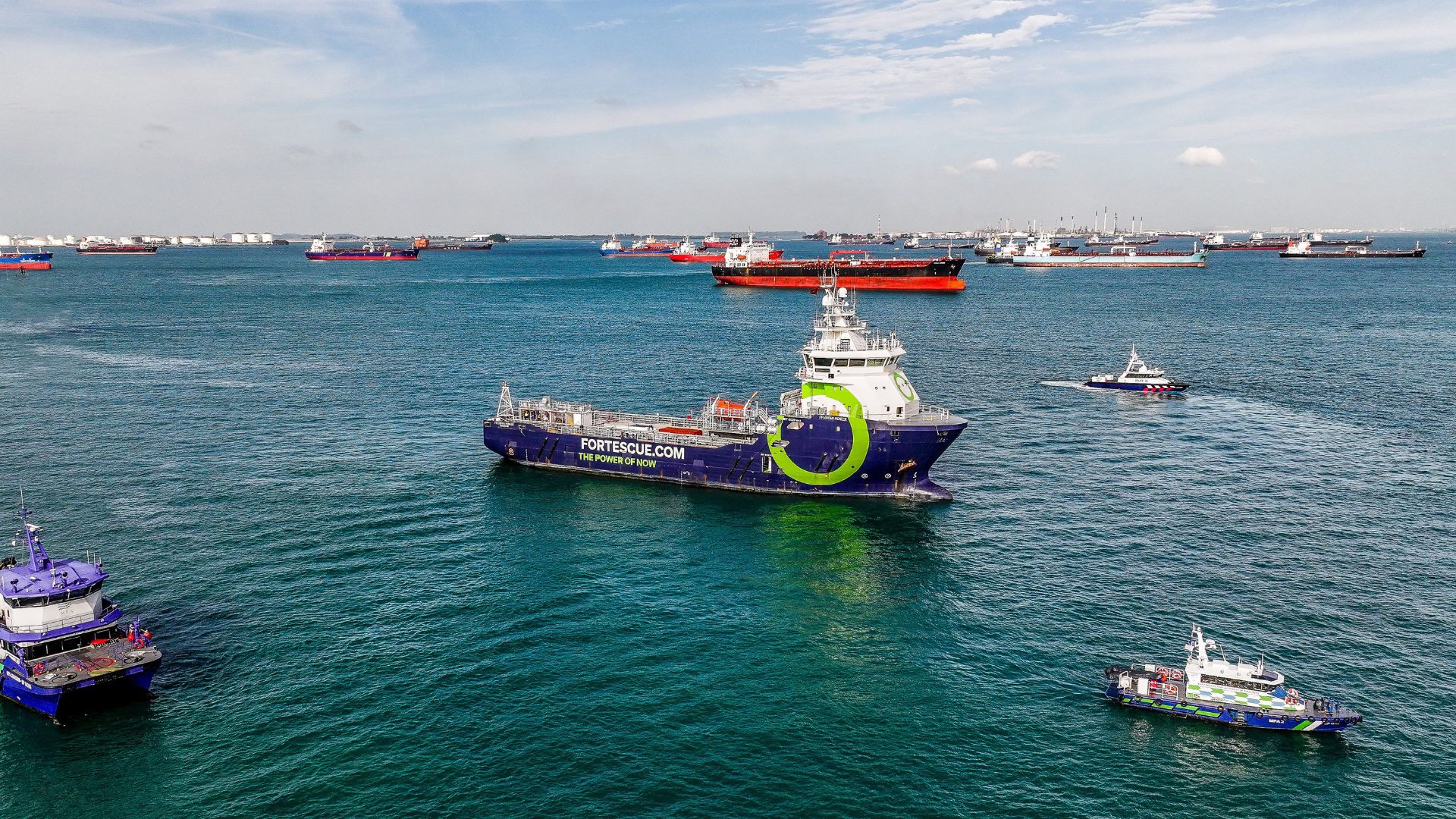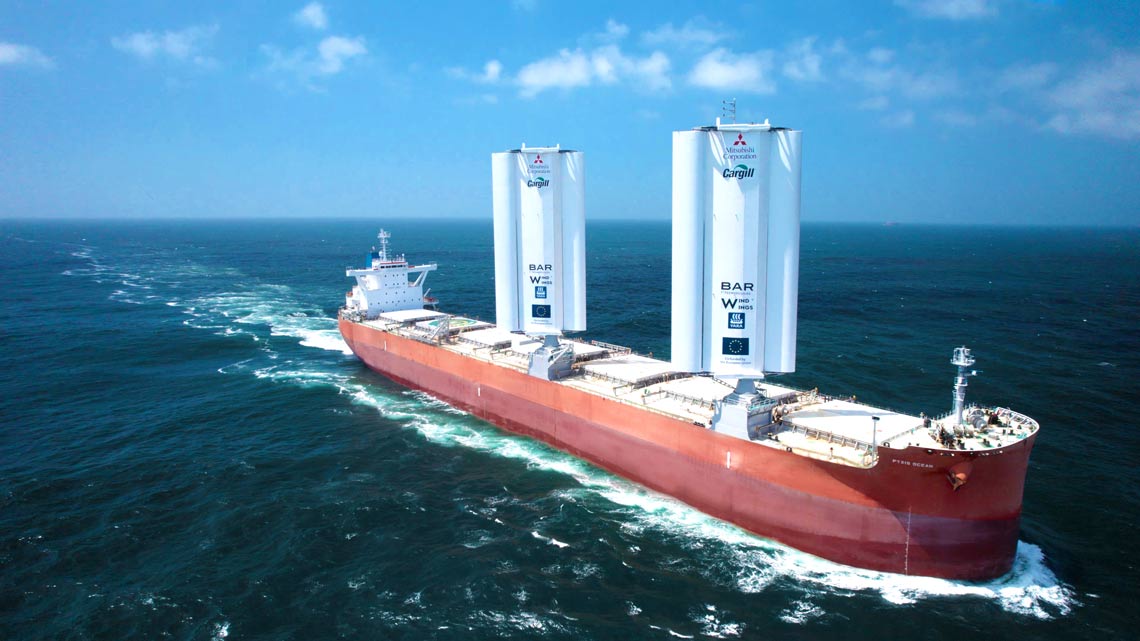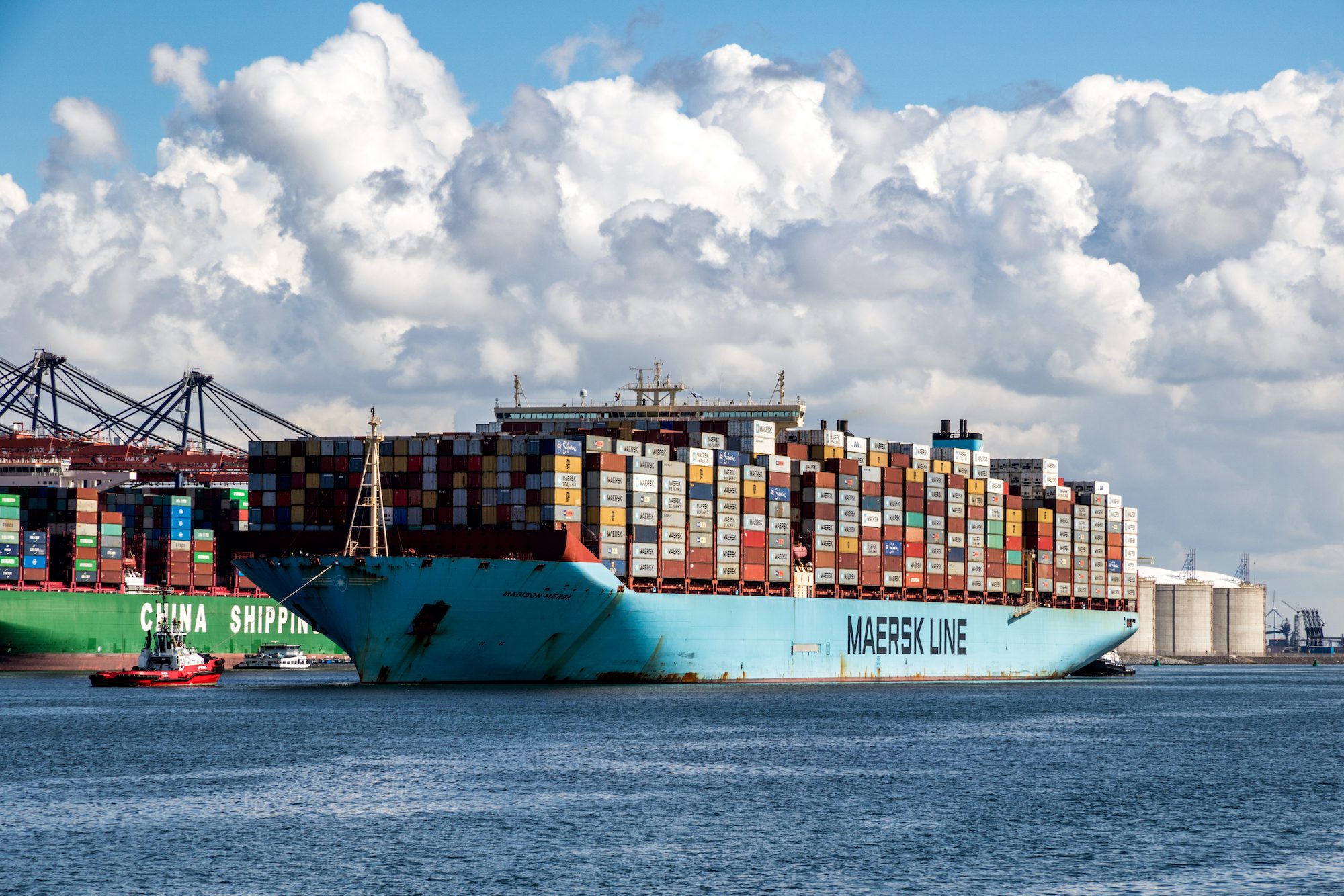Höegh Autoliners has placed a landmark order for ammonia-burning engines to power its newest vessels, marking a significant advancement for maritime decarbonization efforts.
The company has commissioned four 7S60ME-LGIA (Liquid Gas Injection Ammonia) dual-fuel engines from German manufacturer Everllence, to be installed on their 9,100 CEU ‘Aurora’-class Pure Car/Truck Carriers (PCTCs).
The engines will be manufactured by HD Hyundai Heavy Industries in South Korea and delivered to an undisclosed Asian shipyard for installation in the vessels. This order marks one of the first commercial applications of ammonia propulsion technology in large ocean-going vessels.
“The engines are the beating heart of our vessels, and we take it as a clear mark of confidence that Everllence has chosen us to install some of the world’s first two-stroke ammonia engines on our final four Aurora Class vessels,” said Sebjørn Dahl, Chief Operations Officer at Höegh Autoliners.
Höegh Autoliners has advanced its green fleet renewal program with orders for 12 multi-fuel Aurora vessels at China Merchants Heavy Industry’s yard in Jiangsu, China, representing a significant advancement in the PCTC segment.
The Aurora Class vessels will initially operate on liquefied natural gas (LNG), biofuels, and low-sulfur oil. However, Höegh Autoliners had planned for the last four of the 12 Aurora Class vessels to run on clean, green ammonia, which could reduce emissions by nearly 100%. The first vessel in this class, Höegh Aurora, was launched in August 2024.
The Norwegian shipping company has set ambitious decarbonization targets, with Dahl confirming their “goal of operating our large PCTC vessels on zero-carbon fuels from 2027.”
Bjarne Foldager, Head of Two-Stroke Business at Everllence, indicated that this order is part of a broader initiative, stating it is “one of several ammonia pilot-projects we have in China, Japan and South Korea.”
“We have adopted a responsible, safety-first approach to developing this engine on account of ammonia’s particular risk-profile, and are confident that ammonia will ultimately become one of three major, alternative fuels in the market along with methanol and methane,” Foldager added.
Everllence, formerly known as MAN Energy Solutions, has been developing ammonia propulsion technology for several years. “We have now been running our two-stroke ammonia test engine since 2023 and can confirm that the ME-LGIA’s combustion is right where we want it,” said Christian Ludwig, Head of Two-Stroke Sales and Promotion at the company.
Ludwig explained that the engine design leverages proven concepts from their existing dual-fuel engines, which have been in commercial operation for over a decade. “Inspired by these engines, we are – among other innovations – using the same sealing-oil design for the fuel-booster injection valves as this has proven to be particularly important and efficient.”
“By end-2026, we tentatively expect to have a small number of demonstration projects on the water to enable a commercial market introduction of the G50-, S60-, G60-, G70- and G80-bore ME-LGIA engines based on positive service experience,” added Ludwig.
On carbon-neutral ammonia, these vessels will reduce carbon emissions per car transported by up to 58% compared to the current industry average. According to Höegh Autoliners, they will be “the largest and most environmentally friendly PCTC ever built,” setting “a new standard for more sustainable deep-sea transportation.” The vessels have received DNV’s ammonia-ready and methanol-ready notations, positioning them as pioneers in the transition to alternative fuels.
Ammonia has emerged as a promising carbon-neutral fuel option for the maritime industry due to its potential to significantly reduce greenhouse gas emissions compared to conventional marine fuels. However, the fuel presents unique handling challenges due to its toxicity, which has necessitated the careful approach to engine development described by Everllence executives.
The maritime industry continues to explore various pathways to decarbonization in response to increasing regulatory pressure and corporate sustainability goals.
Everllence, headquartered in Germany, employs approximately 15,000 people across 140 sites globally. The company focuses on propulsion, decarbonization, and efficiency solutions for shipping, energy, and industrial applications, with its motto being “Moving big things to zero.”
Editorial Standards · Corrections · About gCaptain

 Join The Club
Join The Club











